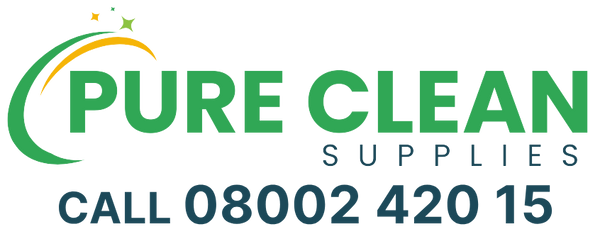






Cleaning Supplies to Combat Allergies at Home
What is Allergens? Allergens are granules that can trigger allergic reactions in susceptible people. Dirt mites, pet dander, mould spores, and pollen are among the most common household allergens. Understanding these allergens is the first step in combatting them effectively.
Dust mites prefer warm, humid settings and are frequently found in mattresses, upholstered furniture, and carpets. Pet dander, which consists of small skin flakes shed by pets and other animals with fur or feathers, can be very irritating for allergy sufferers. Mould spores can grow on wet surfaces like bathroom tiles and window sills, and pollen can enter the house through openings such as windows and doors.
Top Cleaning Supplies That Are Effective Against Allergens
To mitigate allergens in your house, use the appropriate cleaning supplies. HEPA (High-Efficiency Particulate Air) vacuum cleaners are extremely successful at collecting dust mites, pet dander, and pollen. These vacuums capture microscopic particles that normal vacuums may miss.
Microfiber cloths and mop heads are effective tools for removing dust and allergies without the use of chemical cleaners. When disinfecting surfaces, search for cleaning products branded allergen-reducing or hypoallergenic. Hypoallergenic detergents and cleansers can assist to reduce allergy reactions, particularly for people with sensitive skin.
Natural vs. Chemical Cleaners: What’s Best for Allergy Sufferers?
There is an ongoing debate about whether natural or chemical cleaners are better for allergy sufferers. Natural cleaners, made from ingredients like vinegar, baking soda, and essential oils, are often less likely to cause skin irritation or respiratory issues. They are also environmentally friendly.
Chemical cleansers, on the other hand, are more successful at eradicating bacteria and mould, but they may contain harsh substances that cause allergies or asthma. Consider your individual allergies and sensitivities when deciding whether to use natural or chemical cleaning products. Before applying the product in its entirety, a patch test or small-area application may be beneficial.
Essential Tips for Regular Cleaning to Minimize Allergic Reactions
Regular cleaning is very important in managing allergens at home. Start the cleaning procedure by establishing a cleaning routine that includes vacuuming, dusting, and mopping at least once a week. Pay special attention to allergen hotspots such as bedrooms, living rooms, and kitchens.
To get rid of dirt mites, wash bedding, curtains, and other materials with hot water. Use allergen-proof coverings for beds and pillows. During pollen seasons, keep windows closed and use air purifiers with HEPA filters to enhance indoor air quality. To prevent allergies from being recirculated, clean or replace HVAC filters on a regular basis.
Innovative Cleaning Tools and Gadgets to Enhance Allergy Prevention
Technology has given us a number of unique instruments and gadgets to aid with allergy prevention. Robotic vacuum cleaners with HEPA filters can clean floors and carpets independently, decreasing workload and allergy exposure.
Steam cleaners are another effective method for allergy avoidance. They employ high-temperature steam to eliminate dust mites, mould, and germs from surfaces without the use of chemicals. UV-C light sanitisers may successfully remove allergies and germs from surfaces and the air.
Air purifiers equipped with advanced filtration technologies, such as HEPA and activated carbon filters, can continuously eradicate allergens from the air, leading in a cleaner, healthier breathing environment.
